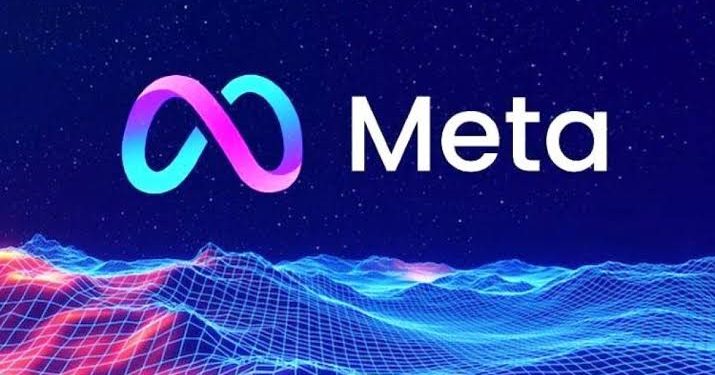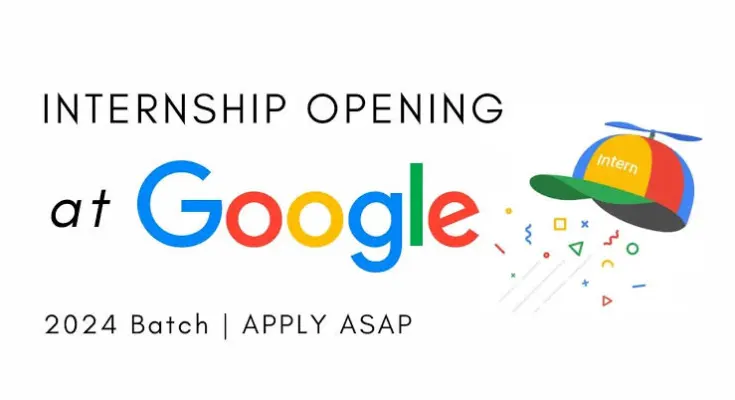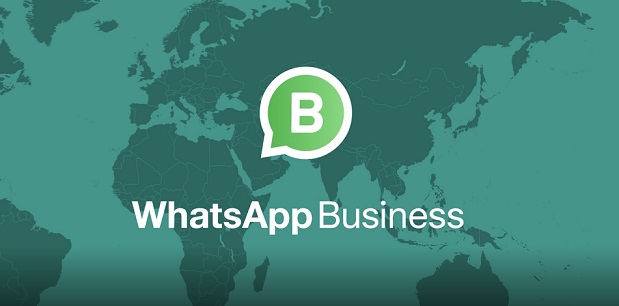Meta Platforms Inc., the parent company of Facebook, Instagram, WhatsApp and Threads, has rolled out new entry-level engineering roles with salaries exceeding $200,000 per year, signaling the intensifying global competition for artificial intelligence talent.
The company is recruiting fresh graduates and young professionals with limited experience, in some cases requiring only a bachelor’s degree, a single internship or even one completed university project. Recent job listings reviewed by Fortune show that Meta is offering starting pay of about $178,000 for Software Engineer (Product) roles, while Fullstack Engineer positions begin at around $176,000. Some candidates with only one year of experience are being offered as much as $258,000.
Meta, now valued at roughly $1.83 trillion, is accelerating efforts to secure top AI developers as the global race for innovation grows fiercer. The company has reportedly attracted engineering talent from Apple and OpenAI in recent months, strengthening its AI division and positioning itself more aggressively within the sector.
Mark Zuckerberg has repeatedly emphasised Meta’s long-term AI ambitions, describing the company’s investment in the field as a foundation for what he called a new era for humanity. He has stressed that Meta prioritises skill over formal education, noting in a Bloomberg interview that he values individuals who can learn quickly and excel regardless of traditional credentials.
These salary offers follow Meta’s $14.3 billion investment in Scale AI, a fast-growing company founded by young entrepreneur Alexander Wang, whom Zuckerberg has identified as a key figure in Meta’s future AI strategy.
For African MSMEs operating in the tech, digital services or talent development space, Meta’s hiring strategy underscores a shifting global labour market where skills, practical experience and adaptability increasingly outpace degrees. It also highlights the expanding opportunities for African developers who are building competitive portfolios, as global companies widen their search beyond traditional markets in response to rising AI demand.










